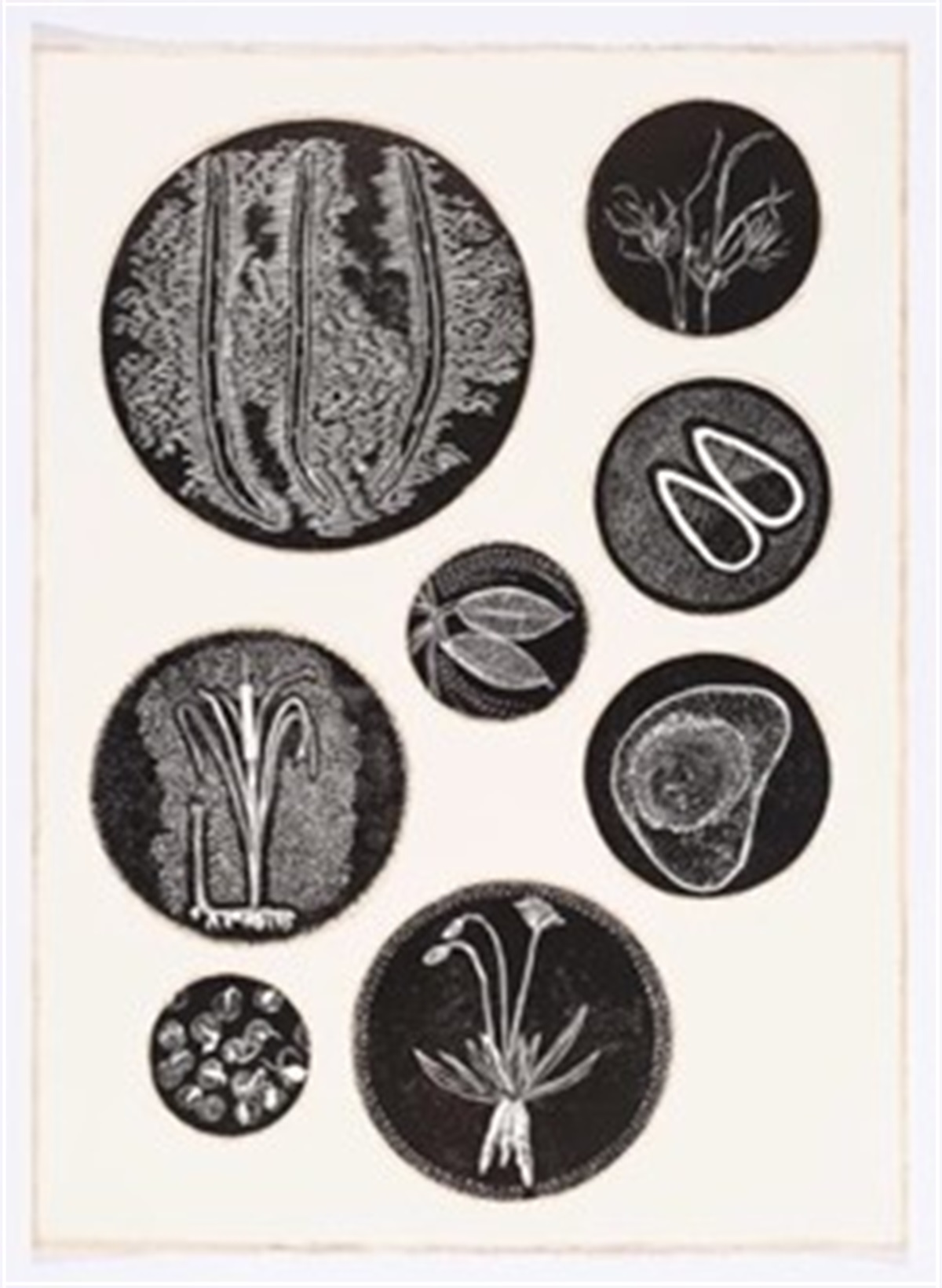Studies by QIMR Berghofer scientists have revealed the South East Queensland population is facing an increasing risk of exposure to Ross River virus which is spread by mosquitoes.
Researchers trapped female mosquitoes in four Brisbane suburbs and, by identifying the origin of their blood meals, they discovered that humans are the preferred target for mosquitoes in urban parks.
Moreover, further examination of that blood showed that more than half of the human population who use our urban parks have been exposed to Ross River virus.
Mosquitoes were trapped across a number of Brisbane suburbs in 2021 and 2022, with the assistance of Metro North Public Health and the Brisbane City Council.
Infection with Ross River virus can cause Ross River fever. Symptoms include joint pain, fever and rash and while most people recover in a few weeks, some can experience lengthy periods of debilitating fatigue, pain and stiffness for many months.
QIMR Berghofer PhD candidate Carla Vieira, who conducted much of the work, said, “Our study suggests that Ross River virus may circulate between mosquitoes and humans without the need for a wild animal host. This suggests that Ross River fever is becoming a more urban disease, and that we have to be increasingly vigilant about protecting ourselves from mosquito bites, even in urban areas.”

The QIMR Berghofer “Mozzies Under the Microscope” display at Brisbane’s Ekka (Royal Queensland Show)

 The head of QIMR Berghofer’s Mosquito Control Laboratory, Associate Professor Greg Devine, discussed the study findings at the Institute’s “Mozzies Under the Microscope” display at the Royal Queensland Show (Ekka) in Brisbane. He said the results are a timely reminder of the increasing risks of mosquito-borne viruses.
The head of QIMR Berghofer’s Mosquito Control Laboratory, Associate Professor Greg Devine, discussed the study findings at the Institute’s “Mozzies Under the Microscope” display at the Royal Queensland Show (Ekka) in Brisbane. He said the results are a timely reminder of the increasing risks of mosquito-borne viruses.
The QIMR Berghofer “Mozzie Lab” at the Ekka explains the role of climate, unpredictable environments, and the increasing risk that Australia faces from Japanese encephalitis virus (JEV) alongside other mosquito-borne viruses such as Ross River virus and dengue fever.
Associate Professor Devine is also concerned that the highly debilitating dengue fever may one day make a return to Brisbane.
“The mosquito that transmits dengue fever was eliminated from South East Queensland in the 1940s and 1950s largely thanks to a government-led campaign to manage the larval habitat, especially by removing or maintaining domestic rainwater tanks. Poorly maintained rainwater tanks are a perfect breeding ground for the dengue mosquito, Aedes aegypti. The species remains within 200 kilometres north and west of Brisbane.
“Rainwater tanks are again a feature of Brisbane households after the water crisis of the early 2000s. As these tanks age, defective mesh and gauze strainers and overflows make them mosquito-friendly,” A/Prof Devine said.
“It’s really important for everyone to eliminate standing water in our backyards that can quickly become mosquito breeding grounds, Anyone with a rainwater tank should check on the condition of the inlet and outlet screens to ensure they are still mosquito-proof.

Researchers are highlighting the importance of mosquito surveillance and control measures
The QIMR Berghofer “Mozzies Under the Microscope” display at the Ekka is partly focused on Japanese encephalitis virus (JEV) as it is an example of the impact that changing virus distributions can have on primary agricultural production.
Up until 2022, JEV was confined to Asia and the very far northern tip of Australia but it has established across mainland Australia. An outbreak was declared in early 2022 when the virus was detected in more than 80 piggeries across Queensland, New South Wales, Victoria and South Australia. There were at least 31 confirmed human cases and six deaths.
“Our display at the Ekka aims to raise awareness about mosquito-borne viruses. The Intergovernmental Panel on Climate Change (IPCC) notes that increased temperatures and extreme weather events will increase the global vulnerability to mosquito-borne diseases.
“With no vaccines or drugs available for Australian mosquito-borne diseases like Ross River, Barmah Forest, Kunjin or Murray Valley encephalitis, and limited availability of JE vaccines, continuing research into transmission pathways and better protective strategies are urgently needed.
“We want to highlight the importance of surveillance and mosquito-control measures and the simple things we can all do to protect ourselves and prevent the spread of mosquito-borne viruses,” A/Prof Devine said.
QIMR Berghofer’s Mosquito Control Group is the only facility of its kind in the Southern Hemisphere thanks to its size, expertise and capacity to house exotic and native species of mosquitoes making it a key international leader in research into vector-borne disease threats in the region.
Watch this video to see highlights from the QIMR Berghofer “Mosquitoes under the microscope” display at the Ekka.







